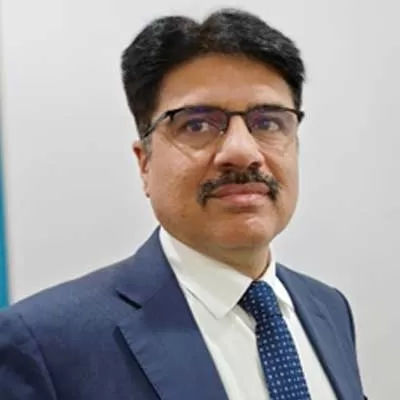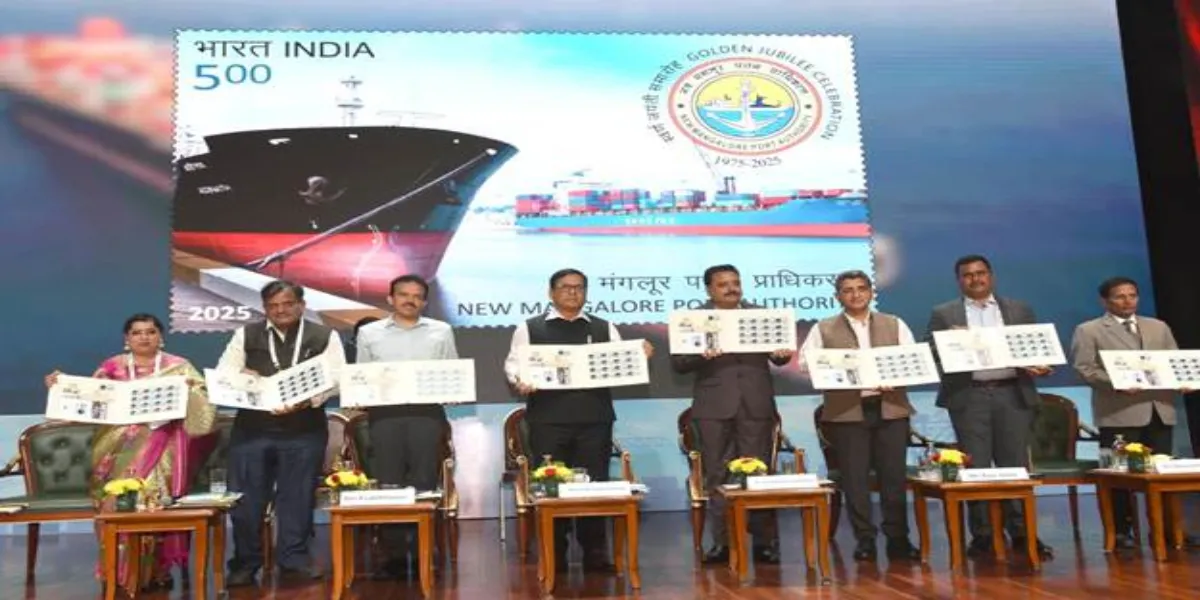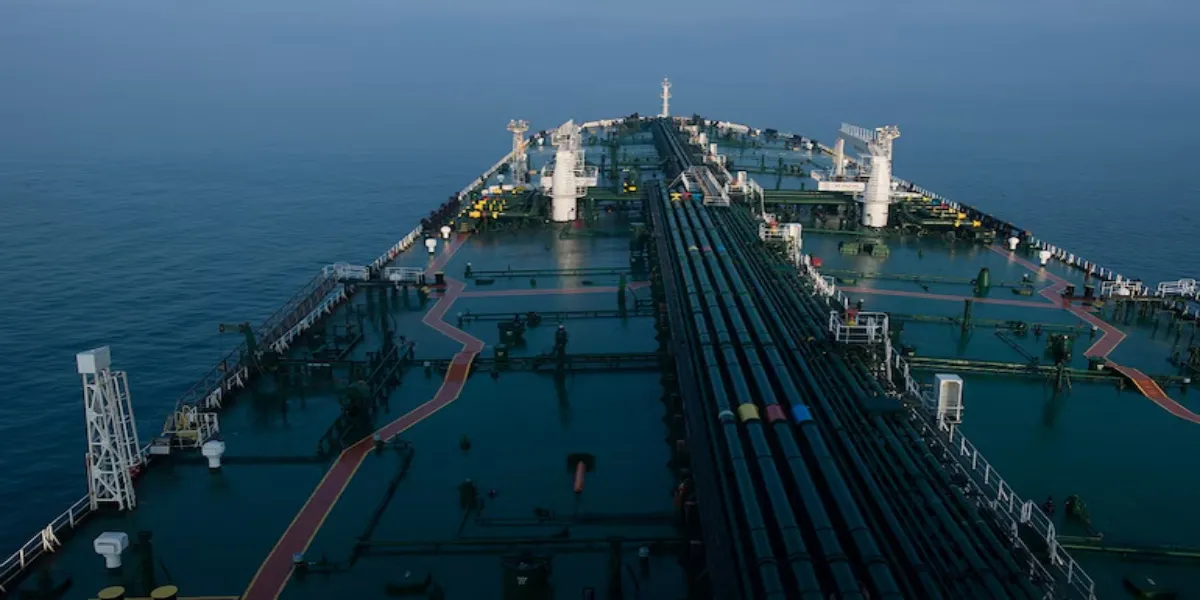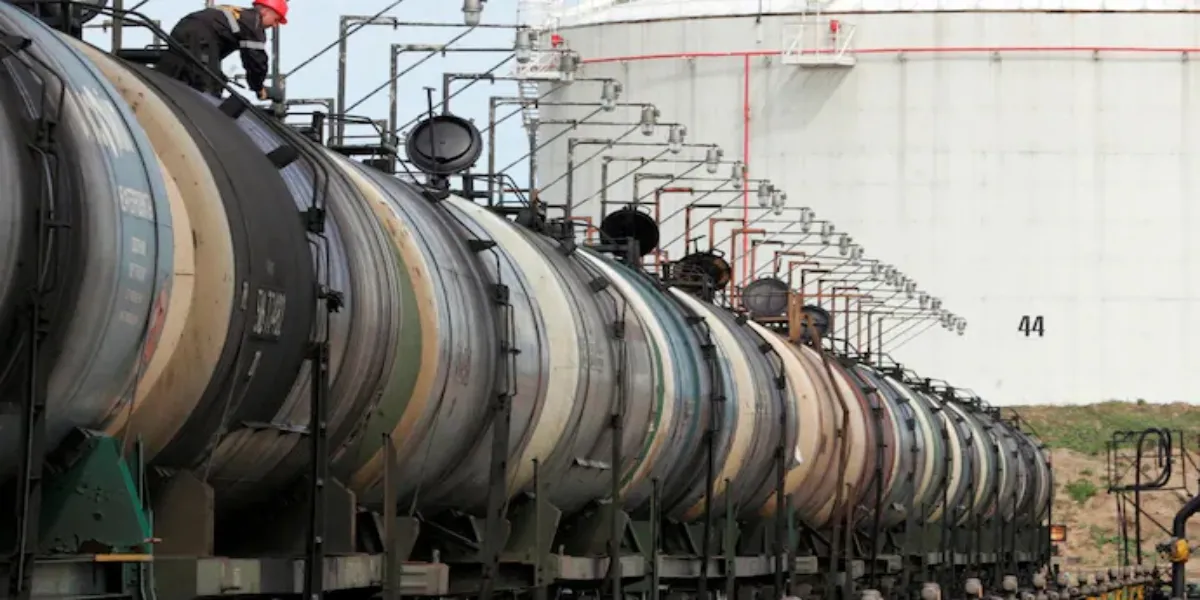The infrastructure sector is vital for India's economic growth, driving development across transportation, power, water, and urban areas. With a goal of becoming a $5 trillion economy by 2025, the government has launched initiatives like the National Infrastructure Pipeline (NIP) and programmes such as 'Make in India' and production-linked incentives to boost infrastructure investment. Historically, over 80 per cent of infrastructure spending has focused on transportation, electricity, and water resources. Prime Minister Modi emphasises that robust infrastructure is essential for good governance and overall efficiency, paving the way for India to evolve into a $26 trillion economy.
Engineering consulting firms in India are integral to the successful execution of large-scale infrastructure projects. From metro rail systems to urban development and water management, these firms handle complex, multi-faceted projects that require meticulous cost control and seamless coordination. This article delves into the crucial aspects of cost control and coordination within these firms, exploring strategies, challenges, and best practices that ensure projects are completed on time and within budget. Cost control is a cornerstone of project management in engineering consulting. It involves planning, monitoring, and managing costs to ensure that a project remains within its financial constraints. Effective cost control is essential not only for the financial health of the consulting firm but also for maintaining the trust and satisfaction of clients. The first step in cost control is developing a comprehensive budget. This involves estimating the costs of all project components, including labour, materials, equipment, and overheads. Accurate estimation is critical and relies on historical data, industry benchmarks, and detailed project scopes.
Effective cost control practices
Where economic conditions and material costs can change often, companies use advanced software and methods to improve their cost estimates. After a project starts,
it's important to continuously monitor actual spending against the budget. This includes regular reporting and analysis to spot any differences and address them quickly. Engineering consulting firms in India utilise various tools for real-time cost tracking. Forecasting future costs helps manage financial risks by analysing current spending trends and considering potential changes. This way, firms can predict their future financial needs and adjust accordingly.
To control costs, companies might renegotiate contracts, optimise how they use resources, or find ways to save money. Given that project budgets can be tight and economic conditions unpredictable in India, strict cost control measures are essential for success.
Advanced tools for
cost management
We leverage technologies like Digital Twins, BIM, GIS, AI, VR, and cybersecurity to collaborate effectively and tackle challenges intelligently, whether it's designing future mobility solutions or connecting smart cities.
We take pride in our strong digital capabilities, backed by award-winning tools, expertise, and partnerships. As the world evolves rapidly, we recognise the need to adapt our practices to meet climate commitments. Digital Twins help us assess the impact of new roads, bridges, and other infrastructure projects. Building Information Modelling (BIM) minimises the
risk of design flaws, while artificial intelligence enhances outcomes, reduces costs, and boosts performance. During the
conceptual phase, we explored various alternatives for each
conflict, determining the best options to develop further in
the executive project stage,
using BIM methodology from the very beginning.
External coordination and stakeholder engagement
Engineering consulting projects often involve multiple external stakeholders, including clients, contractors, regulatory bodies, and suppliers. Effective external coordination is crucial for managing relationships, obtaining approvals, and ensuring that project requirements are met. Regular meetings, progress reports, and stakeholder consultations are common practices for maintaining external coordination. In India, where bureaucratic processes and regulatory approvals can be time-consuming, proactive engagement with stakeholders helps prevent delays and ensures compliance.
Coordination also plays a key role in risk management. Identifying potential risks, assessing their impact, and developing mitigation strategies require coordinated efforts across all project phases. Engineering firms in India employ risk management frameworks and tools to anticipate and address potential issues before they escalate. The integration of technology is a significant factor in enhancing coordination. Building Information Modeling (BIM), Geographic Information Systems (GIS), and other advanced technologies facilitate better visualisation, planning, and management of projects. These
tools help synchronise efforts
across teams and improve overall project efficiency.
Challenges faced
Economic fluctuations: Economic fluctuations can affect material costs, labour rates, and project budgets. Consulting firms
must navigate these uncertainties by incorporating contingency plans and adjusting estimates as needed.
Regulatory compliance: Navigating complex regulatory environments and obtaining necessary approvals can be time-consuming and challenging. Ensuring compliance while maintaining project timelines requires effective coordination with regulatory bodies.
Diverse stakeholder interests: Managing the interests and expectations of diverse stakeholders can be difficult. Effective communication and negotiation skills are required to balance these interests and keep the project on track.
Resource availability: The availability and cost of resources can vary, especially in rapidly developing regions. Firms must plan and coordinate resource procurement carefully to avoid delays and cost overruns.
Adopting best practices
Comprehensive planning: Thorough planning is the foundation of successful cost control and coordination. Detailed project scopes, accurate estimates, and well-defined schedules help set clear expectations and provide a framework for managing costs and coordinating efforts.Real-Time monitoring: Utilising real-time monitoring tools and technologies ensures that any deviations from the budget or schedule are promptly identified and addressed. This proactive approach helps minimise the impact of unforeseen issues.Collaborative culture: Fostering a collaborative culture within the firm and with external stakeholders enhances coordination. Encouraging teamwork, transparency, and mutual respect contributes to smoother project execution.Continuous improvement: Adopting a mindset of continuous improvement
allows firms to learn from past projects and refine their cost control and coordination practices. Regular reviews and feedback sessions can help identify areas for enhancement and implement best practices.
Cost control and coordination are essential for managing engineering consulting projects
in India. As we approach the
end of this year and look
ahead to the next, it’s vital for consulting firms to adopt effective strategies, leverage advanced technologies, and address challenges proactively to ensure successful project outcomes.
With increasing demand for infrastructure development
and new government strategies on the horizon, mastering these disciplines will be critical.
Emerging trends in the sector will shape how projects are delivered, aligning with financial, technical, and operational goals. By embracing these changes, firms can significantly contribute to the nation’s progress and development in the coming year.
About the author
Manoj Nainani, Executive Director, Energy & Sustainable Cities, Egis, South Asia, has been with Egis since October 2015 and is also an IOSIS partner. He is in charge of Pradhan Mantri Awaas Yojana (PMAY), DRIP, AMRUT (Water Project), which are
the largest projects of Egis in India.




















